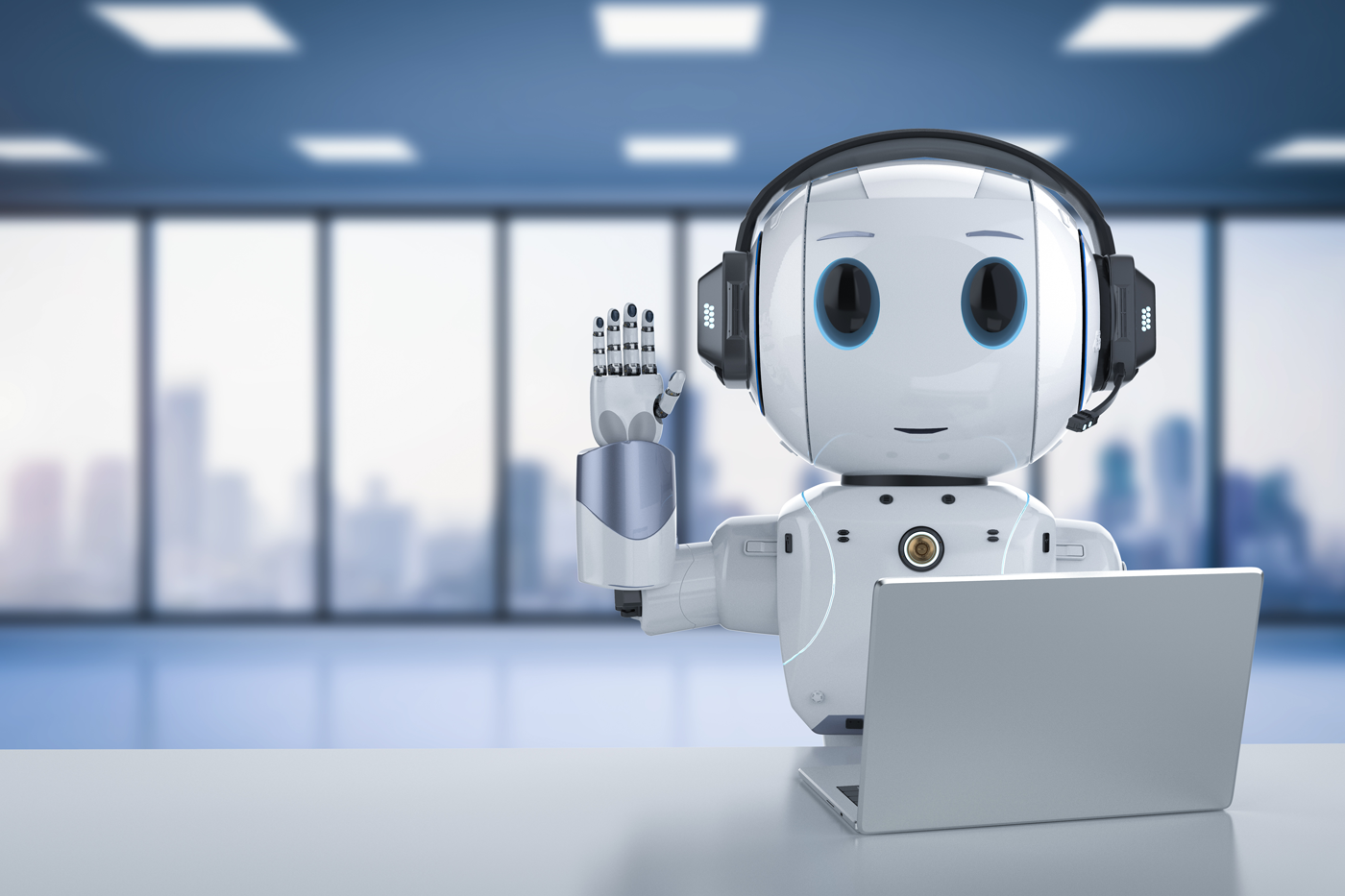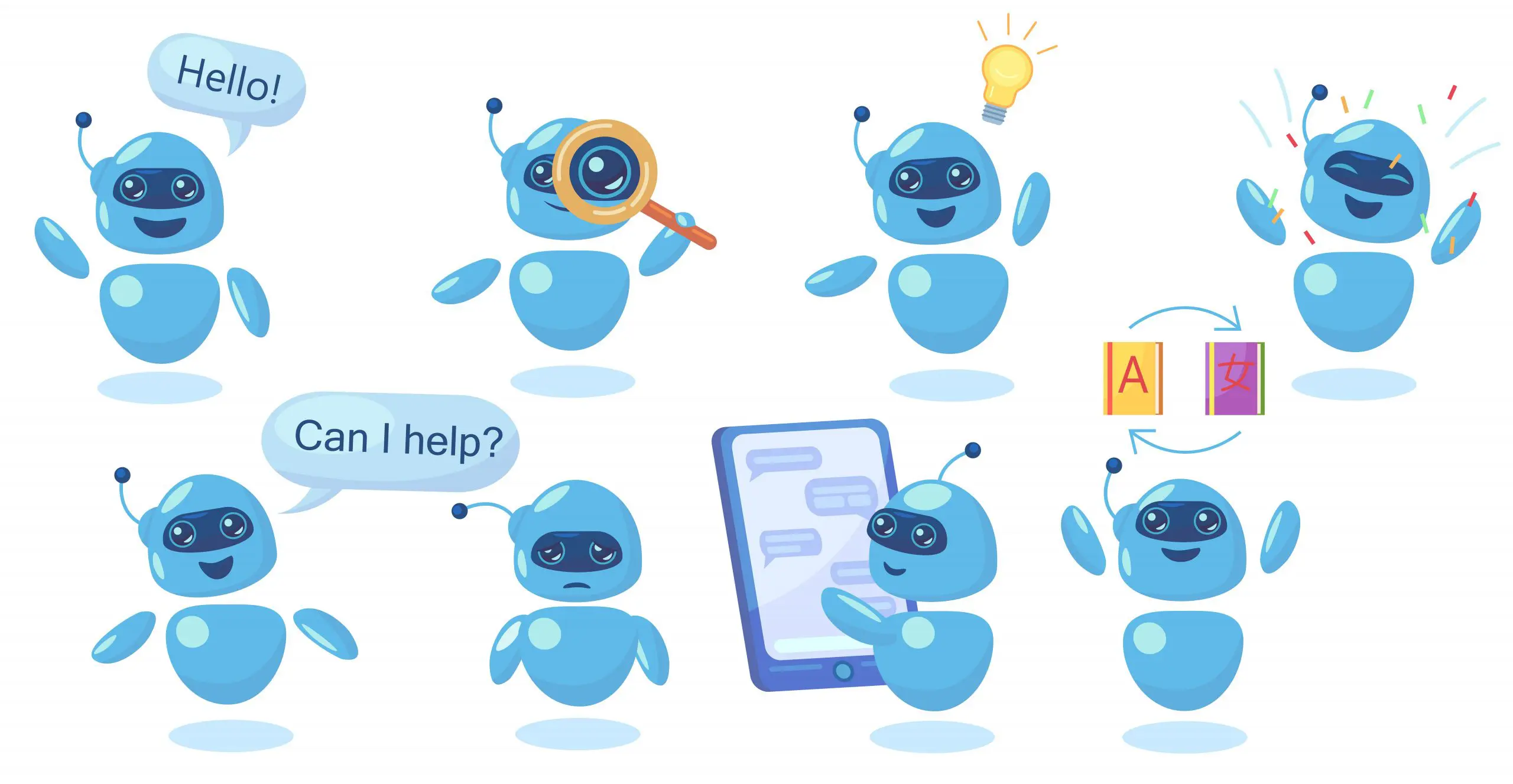In today’s hyper-connected world, customer service plays a critical role in brand loyalty and success. Businesses strive to offer personalized, efficient, and around-the-clock support, but traditional methods can be resource-intensive and limited by operational hours. Enter the chatbot, an AI-powered virtual assistant revolutionizing the way businesses interact with their customers.
What are Chatbots?
Chatbots are software programs that simulate human conversation through text or voice interactions. They leverage Natural Language Processing (NLP) to understand user queries, provide automated responses, and even engage in simple dialogues. Imagine a friendly, helpful assistant available 24/7 to answer customer questions, resolve basic issues, and streamline interactions.
Benefits of Chatbots for Customer Service:
24/7 Availability: Chatbots never sleep, offering on-demand assistance regardless of time zone or holidays. This improves customer satisfaction and reduces wait times.
Scalability and Efficiency: One chatbot can handle multiple conversations simultaneously, freeing up human agents for complex inquiries. This reduces operational costs and increases efficiency.
Personalized Interactions: Chatbots can be programmed to gather information and personalize responses based on user profiles and past interactions, creating a more engaging experience.
Proactive Support: Chatbots can initiate conversations, offering help or answering FAQs before customers even ask. This reduces support tickets and proactively addresses potential issues.
Data Collection and Insights: Chatbot interactions generate valuable data on customer behavior, preferences, and common questions. This data can be used to improve service, predict needs, and personalize future interactions.

Types of Chatbots for Customer Service:
Rule-based: These bots follow pre-defined rules and scripts to answer specific questions and address simple issues. They are efficient but lack flexibility for complex inquiries.
Machine Learning: These bots learn from data and experience, improving their ability to understand and respond to user queries over time. They offer more natural conversations and can handle more complex scenarios.
Hybrid: These bots combine rule-based and machine learning approaches, offering a balance between efficiency and flexibility.
Integrating Chatbots into Your Business:
Define your goals: What are you hoping to achieve with a chatbot? Answering FAQs, resolving basic issues, or collecting feedback are common goals.
Choose the right technology: Consider your budget, technical expertise, and required functionalities when selecting a chatbot platform.
Design the user experience: Ensure your chatbot is user-friendly with clear instructions and natural language processing.
Train your bot: Provide your chatbot with relevant data and examples to enable it to understand and respond to user queries effectively.
Measure and refine: Monitor your chatbot’s performance and collect user feedback to continuously improve its accuracy and effectiveness.

The Future of Chatbot-powered Customer Service:
Chatbots are constantly evolving, incorporating advanced AI capabilities like sentiment analysis and personalized recommendations. This will lead to more seamless, human-like interactions and deeper customer understanding. The future of customer service is likely a hybrid model, where chatbots handle routine tasks and human agents address complex situations and build deeper relationships with customers.
Beyond Customer Service:
While customer service is a primary application, chatbots are finding uses in various business functions, including:
- Marketing: Qualifying leads, collecting feedback, and providing product recommendations.
- Sales: Answering pre-purchase questions and guiding customers through the sales funnel.
- Human Resources: Onboarding new employees, answering FAQs, and scheduling meetings.
Conclusion:
Chatbots are not meant to replace human interaction, but rather to augment and enhance it. By embracing AI-powered conversations, businesses can offer superior customer service, gain valuable insights, and operate more efficiently. As chatbot technology continues to evolve, its impact on the business landscape will only grow, shaping the future of customer interactions and experiences.

